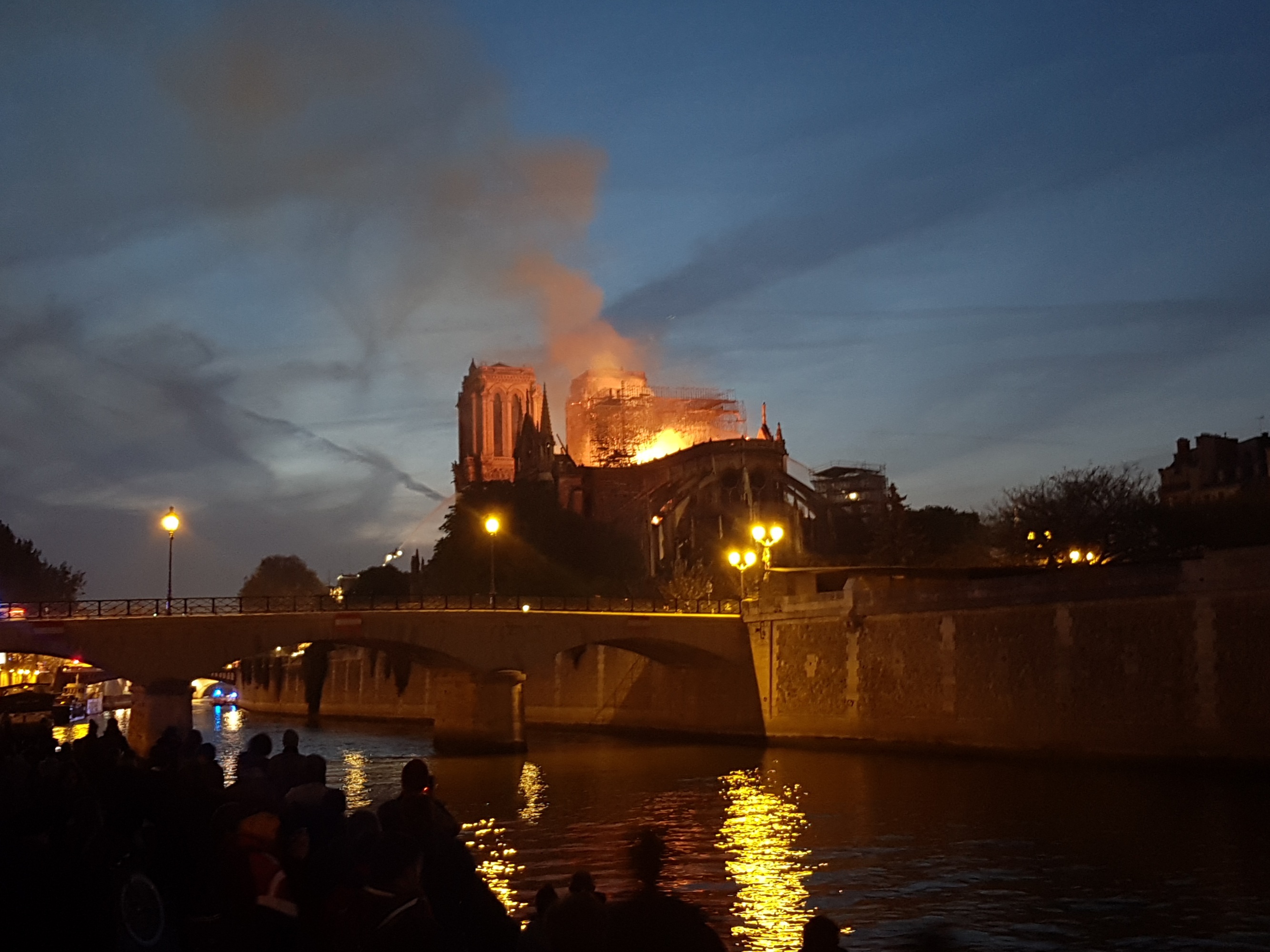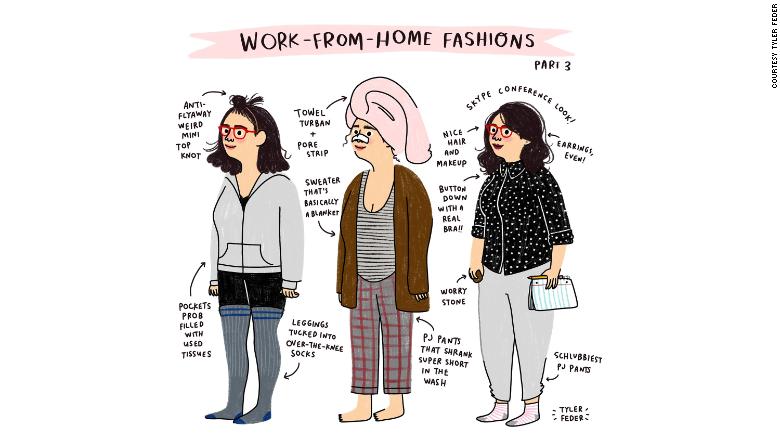Thursday, November 10, 2022
Queerying 23rd after Pentecost C
How does God guide you through life transitions?
How has God shown up to refresh you on your path?
When has idleness made life difficult?
How have some relationships been destroyed to make way for new blessings?
------
River Needham, MA ThM queeries the Tanakh reading.
Tanakh: Isaiah 65:17-25
For behold! I am creating a new heaven and a new earth; the former things shall not be remembered, they shall never come to mind. Be glad, then, and rejoice forever in what I am creating. For I shall create Jerusalem as a joy, and her people as a delight; And I will rejoice in Jerusalem and delight in her people. Never again shall be heard there the sounds of weeping and wailing. No more shall there be an infant or graybeard who does not live out their days. She who dies at a hundred years shall be reckoned a youth, and she who fails to reach a hundred shall be reckoned accursed. They shall build houses and dwell in them, they shall plant vineyards and enjoy their fruit. They shall not build for others to dwell in, or plant for others to enjoy. For the days of My people shall be as long as the days of a tree, My chosen ones shall outlive the work of their hands. They shall not toil to no purpose; they shall not bear children for terror, but they shall be a people blessed by the Becoming One, and their offspring shall remain with them. Before they pray, I will answer; while they are still speaking, I will respond. The wolf and the lamb shall graze together, and the lion shall eat straw like the ox, and the serpent’s food shall be earth. In all My sacred mount nothing evil or vile shall be done.
—said the Becoming One.
Queeries for the text:
What new things are being created?
Where do we hear weeping and wailing?
What brings us joy?
How might the wolf and lamb graze together?
-----
Rev. Emily E. Ewing queeries the Gospel reading.
Gospel: Luke 21:5-19
5When some of Jesus' chosen family were speaking about the temple, how it was adorned with beautiful stones and gifts dedicated to God, Jesus said, 6“As for these things that you see, the days will come when not one stone will be left upon another; all will be thrown down.”
7They asked Jesus, “Teacher, when will this be, and what will be the sign that this is about to take place?”
8And Jesus said, “Beware that you are not led astray; for many will come in my name and say, ‘I am the one!’ and, ‘The divine timey wimey is near!’ Do not go after them.
9“When you hear of wars and insurrections, do not be terrified; for these things must take place first, but the end will not follow immediately.”
10Then Jesus said to them, “Nation will rise against nation, and dominion against dominion; 11there will be great earthquakes, and in various places famines and plagues; and there will be dreadful portents and great signs from heaven.
12“But before all this occurs, they will arrest you and persecute you; they will hand you over to religious communities and incarcerate you, and you will be brought before dictators and rulers because of my name. 13This will give you an opportunity to testify. 14So make up your minds not to prepare your defense in advance; 15for I will give you words and a wisdom that none of your opponents will be able to withstand or contradict. 16You will be betrayed even by parents and siblings, by biofam and friends; and they will put some of you to death. 17You will be hated by all because of my name. 18But not a hair of your head will perish. 19By your endurance you will gain your breath of life.
Queeries for the text:
What else is adorned with beautiful stones and gifts dedicated to God?
When are stones not left upon another?
How are we led astray?
Where are the wars and insurrections?
Where are earthquakes, famines, and plagues?
Who has been handed over to religious communities and incarcerated?
How will you testify?
What words and wisdom does Jesus give?
Who is betrayed by their biofam?
What are your queeries?
Wednesday, June 15, 2022
Queerying 2nd after Pentecost C
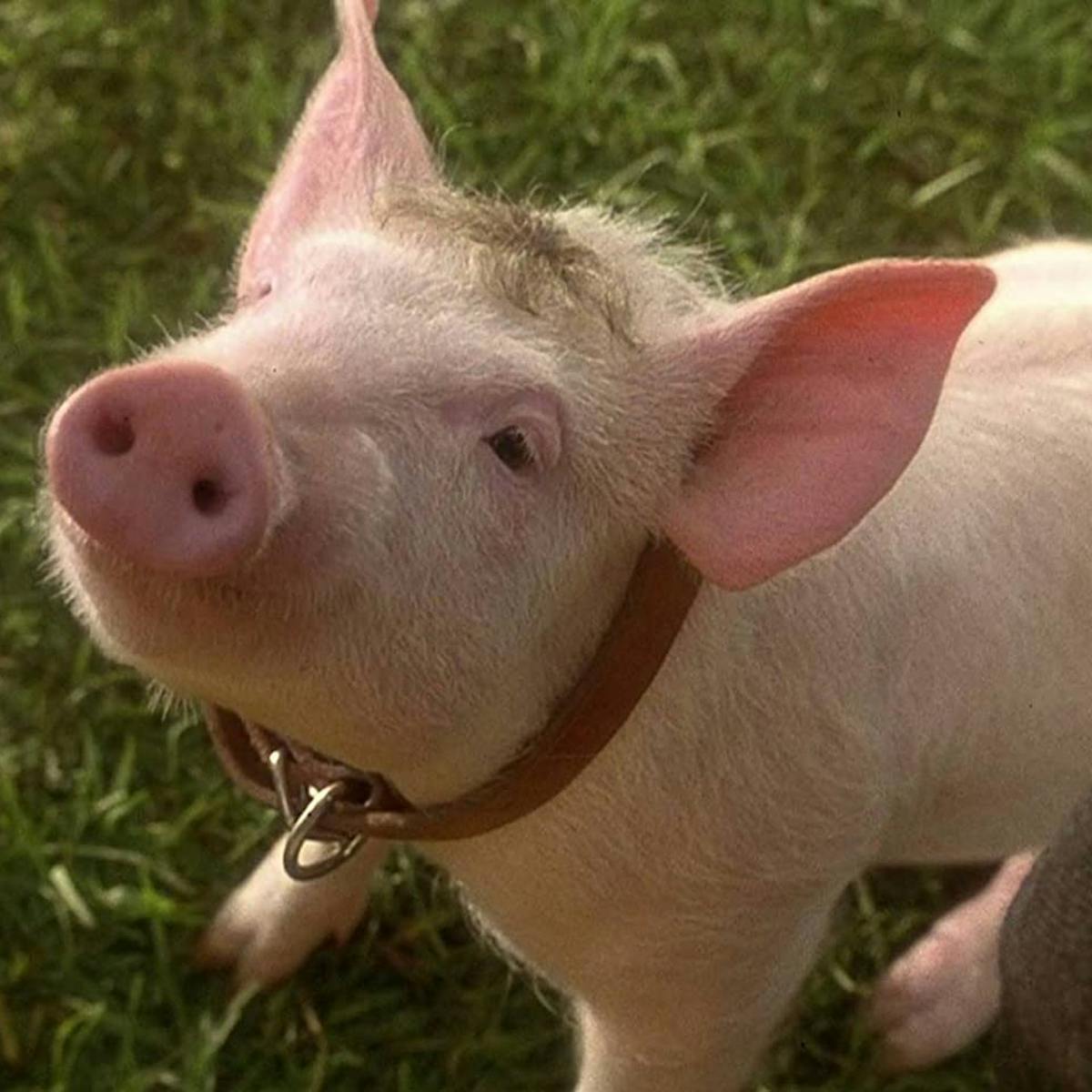 River Needham, MA ThM queeries the Tanakh reading.
River Needham, MA ThM queeries the Tanakh reading.Tanakh: Isaiah 65:1-9
I responded to those who did not ask,
I was at hand to those who did not seek Me;
I said, “Here I am, here I am,”
To a nation that did not invoke My name.
I constantly spread out My hands
To a disloyal people,
Who walk the way that is not good,
Following their own designs;
The people who provoke My anger,
Who continually, to My very face,
Sacrifice in gardens and burn incense on tiles;
Who sit inside tombs
And pass the night in secret places;
Who eat the flesh of swine,
With broth of unclean things in their bowls;
Who say, “Keep your distance! Don’t come closer!
For I would render you consecrated.”
Such things make My anger rage,
Like fire blazing all day long.
See, this is recorded before Me;
I will not stand idly by, but will repay,
deliver their sins into their bosom,
and the sins of their fathers as well
—said the Becoming One—
For they made offerings upon the mountains
And affronted Me upon the hills.
I will count out their recompense in full,
Into their bosoms.
Thus said the Becoming One:
As, when new wine is present in the cluster,
One says, “Don’t destroy it; there’s good in it,”
So will I do for the sake of My servants,
And not destroy everything.
I will bring forth offspring from Jacob,
From Judah heirs to My mountains;
My chosen ones shall take possession,
My servants shall dwell thereon.
Queeries for the text:
Who is speaking in this passage?
What does it mean to say "Here, I am"?
Who does/does not have agency?
Why does God DARVO? Who else does?
Where does this fall in the cycle of abuse?
-----
Rev. Emily E. Ewing queeries the Gospel reading.
Gospel: Luke 8:26-39
26Then Jesus and his chosen family arrived at the country of the Gerasenes, which is opposite Galilee. 27As Jesus stepped out on land, a man of the city who had demons met him. For a long time he had gone naked, and he did not live in a house but in the graveyard. 28When he saw Jesus, he fell down before him and shouted at the top of his voice, “What have you to do with me, Jesus, Child of the Most High God? I beg you, do not torment me”— 29for Jesus had commanded the contaminated spirit to come out of the man. (For many times it had seized him; the community kept him under guard and bound with chains and shackles, but breaking the imprisonment, the demon would drive him into the unpopulated areas.)
30Jesus then asked him, “What is your name?”
He said, “Brigade”; for many demons had entered him. 31They begged Jesus not to order them to go back into the abyss.
32Now there on the hillside a large herd of swine was feeding; and the demons begged Jesus to let them enter these. So he gave them permission. 33Then the demons came out of the man and entered the swine, and the herd rushed down the steep bank into the lake and was drowned.
34When the swineherds saw what had happened, they ran off and told it in the city and in the country. 35Then people came out to see what had happened, and when they came to Jesus, they found the man from whom the demons had gone sitting at the feet of Jesus, clothed and in his right mind. And they were afraid. 36Those who had seen it told them how the one who had been possessed by demons had been restored.
37Then all the people of the surrounding country of the Gerasenes asked Jesus to leave them; for they were seized with great fear. So he got into the boat and returned to Galilee.
38The man from whom the demons had gone begged that he might be with Jesus; but Jesus sent him away, saying, 39“Return to your home, and declare how much God has done for you.” So the man went away, proclaiming throughout the city how much Jesus had done for him.
Queeries for the text:
Who are the Gerasenes?
Who bears the shame of nudity?
Who else has been driven by a spirit into the uninhabited places?
How do communities harm those who react in unexpected ways?
What else is a brigade?
Why would swine be feeding?
Why does exorcising the Empire scare people?
Where are you called to declare what God has done?
What are your queeries?
Wednesday, June 30, 2021
Queerying 6th after Pentecost B
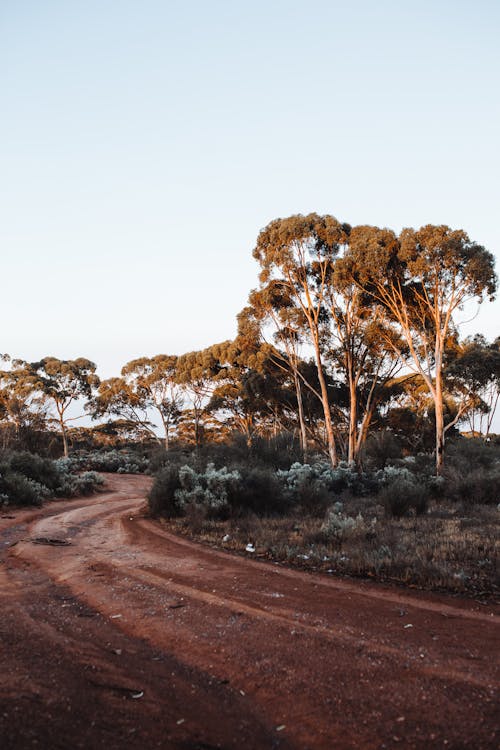 River Needham, MA ThM queeries the Tanakh reading.
River Needham, MA ThM queeries the Tanakh reading.Tanakh: 2 Samuel 5:1-5, 9-10
All the tribes of Israel came to David at Hebron and said, “We are your own flesh and blood. Long before now, when Saul was king over us, it was you who led Israel in war; and the Becoming One said to you: You shall shepherd My people Israel; you shall be ruler of Israel.” All the elders of Israel came to the king at Hebron, and King David made a pact with them in Hebron before the Becoming One. They anointed David king over Israel. David was thirty years old when he became king, and he reigned forty years. In Hebron he reigned over Judah seven years and six months, and in Jerusalem he reigned over all Israel and Judah thirty-three years.
[...]
David occupied the stronghold and renamed it the City of David; David also fortified the surrounding area, from the Millo inward. David kept growing stronger, for the Becoming One, the God of Angel Armies, was with him.
Queeries for the text:
Who else rules instead of the king/queen?
What is missing from this text?
Who else has asked for a ruler?
Who is God with today?
Who rules over the u.s.?
Who wrote this text?
-----
Rev. Emily E. Ewing queeries the Gospel reading.
Gospel: Mark 6:1-13
Jesus left that place and came to his hometown, and his chosen family followed him.
2On the sabbath Jesus began to teach in the
synagogue, and many who heard him were astounded. They said, “Where did
this man get all this? What is this wisdom that has been given to him?
What deeds of power are being done by his hands!
3Is not this the carpenter, the son of
Mary and sibling of James and Joses and Judas and Simon, and are not his
sisters here with us?” And they took offense at Jesus.
4Then Jesus said to them, “Prophets are
not without honor, except in their hometown, and among their own kin,
and in their own house.”
5And Jesus could do no deed of power there, except that he laid his hands on a few sick people and cured them.
6And he was amazed at their unbelief.
Then Jesus went about among the villages teaching.
7He called the twelve and began to send them out two by two, and gave them authority over the unclean spirits.
8Jesus ordered them to take nothing for their journey except a staff; no bread, no bag, no money in their belts;
9but to wear sandals and not to put on two tunics.
10He said to them, “Wherever you enter a house, stay there until you leave the place.
11If any place will not welcome you and
they refuse to hear you, as you leave, shake off the dust that is on
your feet as a testimony against them.”
12So the twelve went out and proclaimed that all should repent.
13They cast out many demons, and anointed with oil many who were sick and cured them.
Queeries for the text:
Where did Jesus leave?
Who takes offense at new wisdom?
What keeps us from deeds of power?
Who takes nothing today?
Who provides hospitality?
What happens when you shake off dust?
From what should we repent?
What are your queeries?
Wednesday, October 7, 2020
Queerying 19th after Pentecost A
Rev. Emily E. Ewing queeries the Gospel reading.
Gospel: Matthew 22:1-14
Once more Jesus spoke to the religious leaders and elders in parables, saying: 2“The reign of heaven may be compared to a president who gave a wedding banquet for his child. 3He sent his slaves to call those who had been invited to the wedding banquet, but they would not come.
4Again the president sent other slaves, saying, ‘Tell those who have been invited: Look, I have prepared my dinner, my oxen and my fat calves have been slaughtered, and everything is ready; come to the wedding banquet.’ 5But they made light of it and went away, one to their farm, another to their business, 6while the rest seized the slaves, mistreated them, and killed them. 7The president was enraged. He sent his troops, destroyed those murderers, and burned their city.
8Then the president said to his slaves, ‘The wedding is ready, but those invited were not worthy. 9Go therefore into the main streets, and invite everyone you find to the wedding banquet.’ 10Those slaves went out into the streets and gathered all whom they found, both good and bad; so the wedding hall was filled with guests.
11“But when the president came in to see the guests, he noticed a person there who was not wearing a wedding robe, 12and he said to them, ‘Friend, how did you get in here without a wedding robe?’ And the person was speechless. 13Then the president said to the attendants, ‘Bind them hand and foot, and throw them into the outer darkness, where there will be weeping and gnashing of teeth.’ 14For many are called, but few are chosen.”
Queeries for the text:
To whom do we compare the reign of God?
Who would the president invite?
Who wouldn't show up?
Who disregards the president?
Where are troops being sent? How are they destroying?
What happens when a ruler invites you somewhere?
Where is life?
What would happen if the people from the streets didn't want to go to the president's banquet?
Where is choice?
What are your queeries?
Thursday, June 4, 2020
Queerying Holy Trinity A
At the starting point, God formed the cosmos and the earth. The earth did not have shape; and darkness was upon the surface of the deep. God’s breath hovered over the waters on the earth.
God said: Let light be. Then God saw the light and that it was Good. God pulled apart the light and the darkness. God called the light Day, and the darkness Night. Dusk and Dawn were in there too. The first day came to be. Then, God wanted there to be an atmosphere between the waters. Let the atmosphere divide water from the water. So God made the sky and divided the waters under it from the waters above it. And so it was. God called the atmosphere heaven. There was dusk, then dawn. The second day.
Next, God said: Let the waters below gather together so dry land can appear. And so it was. God called the dry land earth and the gathered waters God called seas. God saw that all this was good. Later, God said: Let the earth produce grass, herbs with seeds, trees that bear fruit. And so it was. The earth produced grass, herbs with seed, trees that bore fruit. God saw that all this was good. There was dusk, and dawn. The third day.
Then, God said “Let the sky have lights to divide the day from the night. Let them move about and distinguish signs, seasons, days, and years. Let them be lights in the atmosphere of the heavens to give light to the earth.” And so it was. So, God made two big lights. The biggest one ruled over the day, and the smaller of the big lights ruled over the night and stars. God set these lights in the atmosphere of the heavens so they could give light to the earth, to rule over the day and the night, and to divide the light from the darkness. God saw that all this was good. There was dusk, then dawn. The fourth day.
Next, God said “Let the waters move with collections of living beings. Let birds fly above the earth in the open atmosphere of heaven.” So, God created the great sea creatures, and every creepy-crawly, and the waters were filled with motion; so was the atmosphere of heaven. God saw that all this was good, then God blessed the animals and said “ Be fruitful. Multiply. Fill the waters in the seas and let the birds multiply in the earth. There was dusk, then dawn. The Fifth day.
Then, God said “Let the earth create living creatures after it’s kind. Cattle, insects, and beasts of the earth after its own kind.” And so it was. God made living creatures on the ground after its kind, and every insect after its kind. God saw that all this was good. So, God said let us make a human in our image, just like us. Let them have responsibility over the fish of the sea, birds of the air. Over the cattle and all the things on the earth, even the insects. God created the human in their own image. In the image of God they created them. Male, female, between and beyond God created them. Then, God blessed them and said to them: Be fruitful and multiply and replenish the earth and take responsibility for it, and for the fish of the sea and the birds of the air, and for every living thing down to the smallest insect.
God said: Look – I have given you every herb yielding seed which lives anywhere on the earth, and every tree which produces seeds in its fruit. To you, these things are food. Likewise, to every animal on the earth, and to every bird of the air, and to everything that creeps on the earth with a lifeforce, I have given every green herb for food. And so it was.
God saw every thing that they had made, and Look! It was very good. Then there was dusk, and there was dawn. The sixth day.
So, the heaven and the earth were finished. The whole project. Then on the seventh day, God finished their work and they rested on the seventh day from all they had made. God blessed the seventh day and hallowed it, because in it they rested from all their work which God did in the course of creating.
These were the stories of Heaven and Earth when they were created.
Why was this creation narrative chosen?
Where is humanity’s responsibility today?
What queeries do you have for this text?
What does it mean for earth to have a start or a birthday?
Are there multiple starting points? What was present at this starting point?
What does it mean to be beyond or between gender?
Rev. Emily E. Ewing queeries the Gospel reading.
Wednesday, April 1, 2020
Queerying Palm Sunday A
Palm Processional Gospel: Matthew 21:1-11
When Jesus, the disciples, and the crowd had come near Jerusalem and had reached Bethphage, at the Mount of Olives, Jesus sent two disciples, 2saying to them, “Go into the village ahead of you, and immediately you will find a donkey tied, and a colt with her; untie them and bring them to me. 3If anyone says anything to you, just say this, ‘The Commander needs them.’ And they will send them immediately.”
4This took place to fulfill what had been spoken through the prophet, saying, 5“Tell the daughter of Zion, look, your ruler is coming to you, humble, and mounted on a donkey, and on a colt, the foal of a donkey.” 6The disciples went and did as Jesus had directed them; 7they brought the donkey and the colt, and put their cloaks on them, and Jesus sat on them.
8A very large crowd spread their cloaks on the road, and others cut branches from the trees and spread them on the road. 9The crowds that went ahead of Jesus and that followed were shouting, “Hosanna to the Child of David! Blessed is the one who comes in the name of the Becoming One! Hosanna in the highest heaven!”
10When Jesus entered Jerusalem, the whole city was in turmoil, asking, “Who is this?”
11The crowds were saying, “This is the prophet Jesus from Nazareth in Galilee.”
Queeries for the text:
Who else was entering Jerusalem at that time?
How did Jesus ride on both a donkey and a colt at the same time? Is that what everybody remembered happening?
When else do palm branches show up?
Why do we shout Hosanna?
What other kinds of palms are there?
What happens to the prophets?
What are your queeries?
Wednesday, July 3, 2019
Queerying 4th after Pentecost C
Tanakh: 2 Kings 5:1-14
Naaman, commander of the army of the king of Aram, was important to his ruler and high in his favor, for through Naaman the Becoming One had granted victory to Aram. But the man, though a great warrior, was a leper. Once, when the Arameans were out raiding, they carried off a young girl from the land of Israel, and she became an attendant to Naaman’s wife. She said to her mistress, “I wish Master [Namaan] could come before the prophet in Samaria; he would cure Naaman of his leprosy.” Naaman went and told his ruler just what the girl from the land of Israel had said.
Then the king of Aram said, “Go to the king of Israel, and I will send along a letter.” Namaan set out, taking with him ten talents of silver, six thousand shekels of gold, and ten changes of clothing. He brought the letter to the king of Israel. It read: “Now, when this letter reaches you, know that I have sent my courtier Naaman to you, that you may cure him of his leprosy.” When the king of Israel read the letter, he rent his clothes and cried, “Am I God, to deal death or give life, that this fellow writes to me to cure a man of leprosy? Just see for yourselves that he is seeking a pretext against me!”
When Elisha, the man of God, heard that the king of Israel had rent his clothes, he sent a message to the king: “Why have you rent your clothes? Let him come to me, and he will learn that there is a prophet in Israel.” So Naaman came with his horses and chariots and halted at the door of Elisha’s house. Elisha sent a messenger to say to him, “Go and bathe seven times in the Jordan, and your flesh shall be restored and you shall be clean.” But Naaman was angered and walked away. “I thought,” he said, “he would surely come out to me, and would stand and invoke the Becoming One his God by name, and would wave his hand toward the spot, and cure the affected part. Are not the Amanah and the Pharpar, the rivers of Damascus, better than all the waters of Israel? I could bathe in them and be clean!” He stalked off in a rage. But his servants came forward and spoke to him. “Sir,” they said, “if the prophet told you to do something difficult, would you not do it? How much more when he has only said to you, ‘Bathe and be clean.’” So he went down and immersed himself in the Jordan seven times, as the man of God had bidden; and his flesh became like a little boy’s, and he was clean.
Queeries for the text:
Where was Aram? When did this story take place? Were there ruling powers even over these kings when this story took place? How would that change the power analysis in this story?
What does it mean for a child to be enslaved? What kinds of labor do u.s.ians expect from children today?
What is the significance of the prophet in Samaria? What does it imply about when this took place or when it was written?
How do we expect healing and labor from people without recognizing the great cost that often comes with being a healer?
Why was the King of Israel so upset at the King of Aram's demand? What does this tell us about the power dynamics at play? Who has the geo-political power?
Why does Elisha have a better relationship with the Monarchs than Elijah? What parts of the story have been omitted that helped that happen?
In which other traditions is water a gift from the divine(9-11)? Does that giftedness change if God is not invoked in the cleansing bath?
If you were retelling this story in a modern setting, what details would you change, and how? Which ones would you keep the same, and why?
-----
Rev. Emily E. Ewing queeries the Gospel reading.
Luke 10:1-11, 16-20
After this the President appointed seventy others
and sent them on ahead of him in pairs
4Carry no purse, no bag, no sandals;
9cure the sick who are there,
and say to them, ‘The nation of God has come near to you.’
and whoever rejects you rejects me,
17The seventy returned with joy, saying,
Queeries for the text:
What's missing? What does Sodom have to do with hospitality?
Why 70? Why pairs?
Did Jesus end up going everywhere he intended?
What would u.s. culture be like if hospitality were so reliable?
Why can't they greet anyone on the road?
How much peace is available to share? What about freedom?
How much are the laborers paid?
What does it mean to wipe dust from feet?
Does the reign of God come near whether or not we welcome it?
Why are the 70 still so excited about the power? Where are our priorities?
What are your queeries?
Tuesday, April 9, 2019
Palm Sunday year C
Rev. Emily E. Ewing queeries the Gospel reading.
Gospel: Luke 19:28-40
28Jesus went on ahead,
35Then they brought the colt to Jesus;
Queeries for the text:
Of whom did Jesus go on ahead?
What else happens at the Mount of Olives?
Which two disciples? What does it mean to be sent?
Why would the colt's owner let anybody walk away with it?
What condition was the road in? What condition were the cloaks in?
Where are the palms? Why cloaks?
For what do we praise God joyfully and with a loud voice?
What else was going on in Jerusalem?
What are stones shouting out today?
What are your queeries?
Monday, November 5, 2018
25th after pentecost year b - mark
38As Jesus taught, he said,
41Jesus sat down opposite the treasury,
Queeries for the text:
How does respectability politics factor into the actions of the scribes?
Who likes to have the best seats today?
What do we do for the sake of appearances today?
How would people react today if their giving were being watched?
How does first century Mark know how much a penny is worth?
Is it Widow Sunday this week on purpose?
What does Jesus have to say about class and wealth in this passage?
What about people who are neither the poor widow nor the rich people?
What would happen if the poor widow and the rich people befriended each other like Harry and Ron?
What are your queeries?
Tuesday, October 16, 2018
22nd after pentecost year b - mark
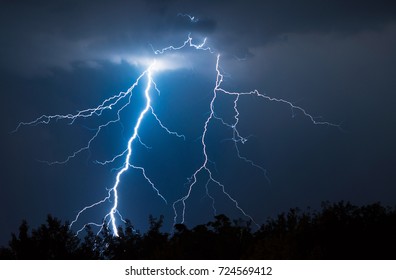 |
| The sons of Thunder!!! (or just the cause) |
Mark 10:35-45
35James and John,
41When the ten heard this,
Queeries for the text:
What have we skipped since last week?
What does thunder have to do with this?
Will the disciples *EVER* get it?
How much more entitled could the Sons of Thunder be?
Which baptism was Jesus baptized with?
For whom have those special seats been prepared?
How do rulers today lord their power over others?
Who are the servants among us? Who are those legally enslaved in the u.s. today?
What does it mean to ransom others?
How is Jesus rejecting the false binaries of ruler/servant and powerful/powerless?
What are your queeries?
If you're interested in checking out the sermon that came out of this queery, you can find a brief description of the sermon and the image here!
Wednesday, October 10, 2018
21st after pentecost year b - amos
Verses bracketed in Italics are omitted from the assigned reading.
Amos 5:6-7 [8-9] 10-15
Seek the Becoming One, and you will live, else She will rush like fire upon the House of Joseph and consume Bethel with none to quench it. Ah, you who turn justice into wormwood and hurl righteousness to the ground! [Who made the Pleiades and Orion, who turns deep darkness into dawn and darkens day into night, who summons the waters of the sea and pours them out upon the earth— Her name is the Becoming One! It is She who hurls destruction upon strongholds, so that ruin comes upon fortresses!] They hate the arbiter in the gate, and detest her whose plea is just. Assuredly, because you impose a tax on the poor and exact from them a levy of grain, you have built houses of hewn stone, but you shall not live in them; you have planted delightful vineyards, but shall not drink their wine. For I have noted how many are your crimes, and how countless your sins—you enemies of the righteous, you takers of bribes, you who subvert in the gate the cause of the needy! Assuredly, at such a time the prudent one keeps silent, for it is an evil time. Seek good and not evil, that you may live, and that the Becoming One, the God of Angel Armies, may truly be with you, as you think. Hate evil and love good, and establish justice in the gate; perhaps the Becoming One, the God of Angel Armies, will be gracious to the remnant of Joseph.
Queeries for the text:
How are darkness and light dependent on each other?
How does justice become wormwood?
What does prudence mean? Should we be prudent?
What does God of the Angel Armies mean? What might that mean for peace in our time?
What would Amos have called the constellations? What might this mean for followers of the stars? Why were two verses dropped in the middle of this text?
What are these financial practices called today?
What is the gate? What does justice at the gate look like? How are the needy cared for?
What are your queeries?
Wednesday, July 4, 2018
7th after pentecost year b - mark
Queeries for the text:
Did Jesus' hometown ever end up embracing him after he came out?
Can you ever be viewed as an adult in the faith community you grew up in?
What are Jesus' sisters' names???
How much can anyone be known by way of their family?
How are people offended by Jesus' ministry?
How much does intention matter in power and healing?
What did Jesus teach in the villages?
What would happen if people took nothing for a journey today?
How often did they shake off the dust?
How many ways are there to give a testimony?
What should we repent of?
What are your queeries?
